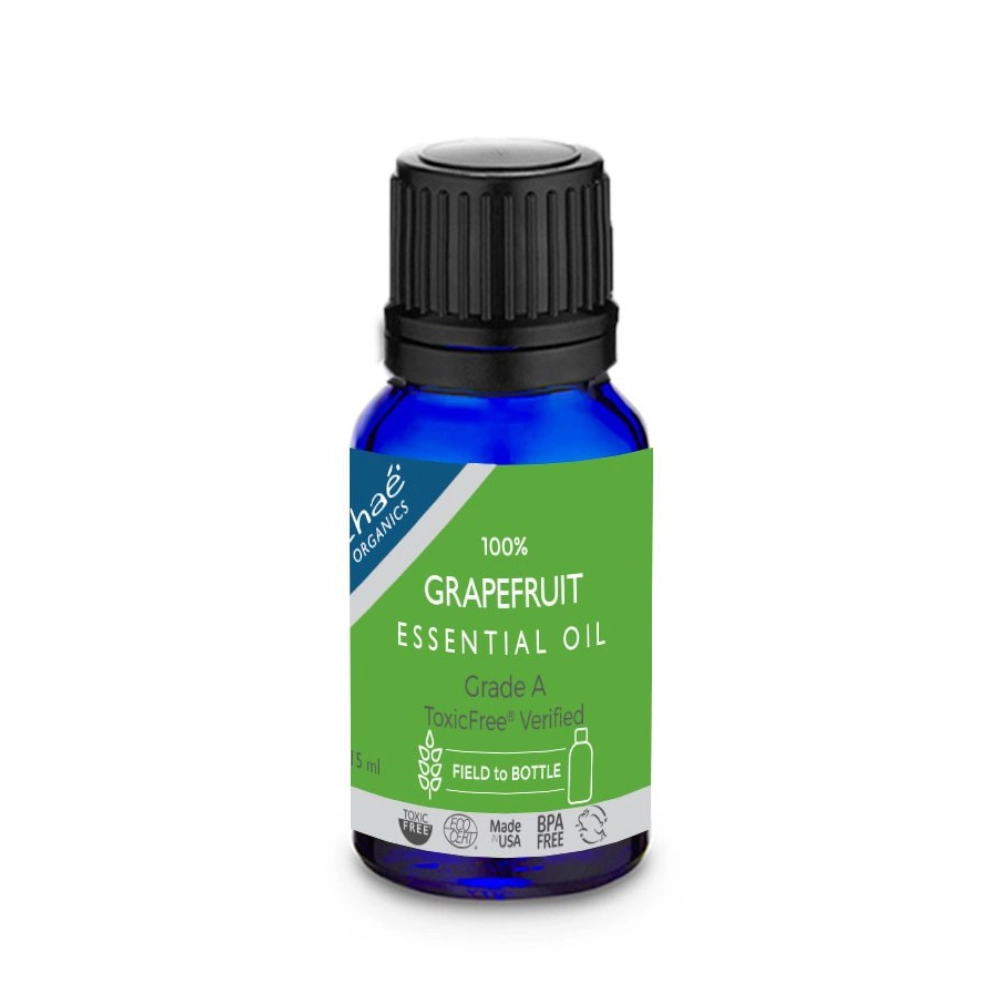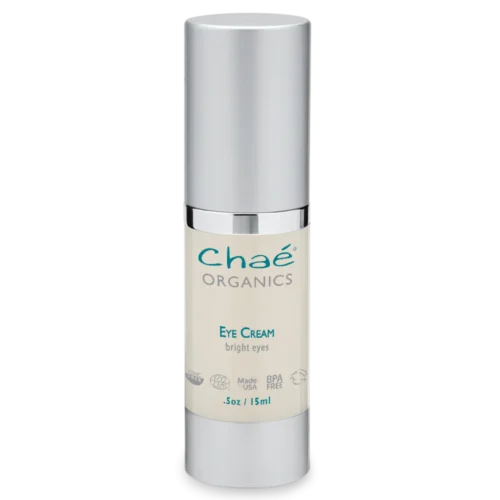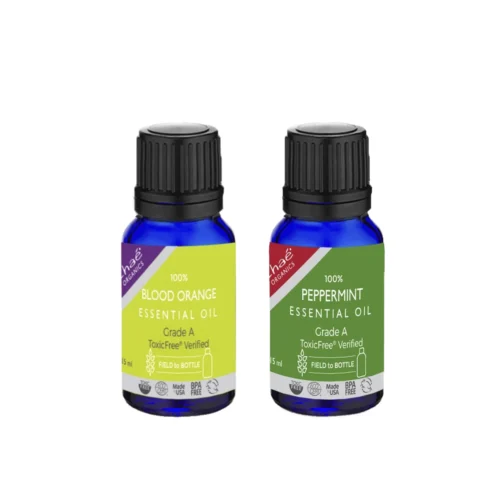
Comparing Phytomelatonin and Synthetic Melatonin
Comparing Phytomelatonin and Synthetic Melatonin
Melatonin is a hormone that plays a crucial role in our sleep-wake cycle. It’s produced by the pineal gland in our brain and helps regulate our circadian rhythm.

But did you know that melatonin can also be found in plants? This plant-derived melatonin is known as phytomelatonin.
On the other hand, synthetic melatonin is created in labs. It’s a common ingredient in many sleep aids and supplements.
The question is, how do these two types of melatonin compare? Is one more effective or safer than the other?
In this article, we’ll delve into the differences between phytomelatonin and synthetic melatonin. We aim to provide you with comprehensive information to help you make an informed decision about which type of melatonin might be best for your needs.
Understanding Melatonin and Its Importance
Melatonin is a hormone that our bodies naturally produce. It’s primarily released by the pineal gland, a small endocrine gland in the brain.
The release of melatonin is influenced by light and darkness. It’s often referred to as the “sleep hormone” because its levels rise in the evening, helping us feel sleepy, and drop in the morning, helping us wake up.
However, melatonin’s role extends beyond sleep regulation. It’s also involved in antioxidant defense, immune function, and maintaining our circadian rhythm.
Understanding the importance of melatonin can help us appreciate the potential benefits and implications of using melatonin supplements, whether they’re derived from plants (phytomelatonin) or synthesized in labs (synthetic melatonin).
Phytomelatonin: The Plant-Based Alternative
Phytomelatonin is a form of melatonin found in certain plants. It’s a plant hormone that helps regulate growth and development.
Interestingly, phytomelatonin shares the same molecular structure as the melatonin produced in our bodies. This similarity allows it to interact with our biological systems in a similar way.
Phytomelatonin is available in various forms, including extracts and supplements, offering a plant-based alternative to synthetic melatonin.
How Phytomelatonin Works in the Body
When consumed, phytomelatonin is absorbed into the bloodstream. It then travels to the brain, where it interacts with melatonin receptors.
These receptors are found in various parts of the brain. They play a crucial role in sleep regulation and other biological processes.
The interaction between phytomelatonin and these receptors can influence our sleep-wake cycle. It can help induce sleepiness and improve sleep quality.
However, the bioavailability and effectiveness of phytomelatonin can vary depending on several factors, including the source and form of the supplement.
Benefits of Phytomelatonin Beyond Sleep
Phytomelatonin’s benefits extend beyond improving sleep. It’s also been studied for its potential antioxidant and anti-inflammatory properties.
Some research suggests that phytomelatonin may support immune function. It could potentially help protect against environmental stressors like radiation.
Phytomelatonin may also have a role in managing mood disorders. However, more research is needed to fully understand these potential benefits.
Lastly, phytomelatonin could potentially contribute to overall melatonin levels in the body, alongside dietary sources and the melatonin produced by our pineal gland.
Synthetic Melatonin: The Common Choice
Synthetic melatonin is the most common form of melatonin supplement available. It’s produced in laboratories and designed to mimic the melatonin naturally produced by our bodies.
Synthetic melatonin supplements are widely used to manage sleep disorders. They’re also used to help adjust sleep-wake cycles in people with jet lag or those working night shifts.
Despite its widespread use, synthetic melatonin is not without its potential drawbacks. These include potential side effects and concerns about the environmental impact of its production.
The Production Process of Synthetic Melatonin
The production of synthetic melatonin involves complex chemical processes. These processes aim to replicate the molecular structure of natural melatonin.
The raw materials used in the production of synthetic melatonin are often derived from petrochemicals. This is a significant difference from phytomelatonin, which is sourced from plants.
Once produced, synthetic melatonin is typically formulated into tablets, capsules, or liquid supplements. These are then packaged and distributed for consumer use.
It’s important to note that the quality and purity of synthetic melatonin can vary. This depends on the manufacturing practices and quality control measures of the producer.
Phytomelatonin vs Melatonin: A Comparative Analysis
When comparing phytomelatonin and synthetic melatonin, several factors come into play. These include their bioavailability, effectiveness, safety profile, and environmental impact.
Both forms of melatonin have been shown to aid sleep. However, their effectiveness can vary depending on individual factors such as age, lifestyle, and underlying health conditions.
It’s also important to consider the source of the melatonin. Synthetic melatonin is lab-made, while phytomelatonin is derived from plants.
Bioavailability and Effectiveness
Bioavailability refers to how much of a substance is absorbed into the bloodstream. For melatonin supplements, this can affect their effectiveness.
Some studies suggest that phytomelatonin may have higher bioavailability than synthetic melatonin. However, more research is needed to confirm these findings.
Regardless of the type, the effectiveness of melatonin supplements can vary greatly among individuals. Factors such as age, diet, and sleep habits can all influence how well melatonin works.
Safety and Side Effects
Both phytomelatonin and synthetic melatonin are generally considered safe for short-term use. However, potential side effects should not be overlooked.
Common side effects of melatonin supplements include drowsiness, headache, and dizziness. In rare cases, they may cause more serious side effects like depression or hallucinations.
It’s also worth noting that long-term safety data for both types of melatonin is limited. Therefore, it’s recommended to use melatonin supplements under the guidance of a healthcare provider.
Environmental and Ethical Considerations
The production of synthetic melatonin often involves the use of petrochemicals. This raises concerns about its environmental impact.
On the other hand, phytomelatonin is sourced from plants. This makes it a more sustainable option, provided the plants are grown and harvested responsibly.
However, the production of phytomelatonin can also have environmental implications. These include the use of water, land, and other resources for plant cultivation.
Choosing the Right Melatonin for You
Choosing between phytomelatonin and synthetic melatonin is a personal decision. It depends on your individual needs, preferences, and health conditions.
If you prefer natural products, phytomelatonin may be a good choice. It’s derived from plants and is often considered more sustainable.
However, synthetic melatonin is more widely available. It’s also often more affordable, making it a practical choice for many people.
Ultimately, the best type of melatonin for you is the one that helps you achieve your desired results.
Consultation with Healthcare Providers
Before starting any new supplement, it’s important to consult with a healthcare provider. They can provide personalized advice based on your health history and current medications.
Remember, while melatonin supplements can aid sleep, they’re not a cure-all. It’s also important to maintain good sleep hygiene and address any underlying health issues that may be affecting your sleep.
Conclusion: Making an Informed Decision
Choosing between phytomelatonin and synthetic melatonin involves understanding their differences and potential benefits. It’s about making an informed decision that aligns with your health goals and lifestyle.
Remember, supplements are just one part of a holistic approach to health. Always consider your overall lifestyle, diet, and sleep habits when seeking to improve your sleep quality.





